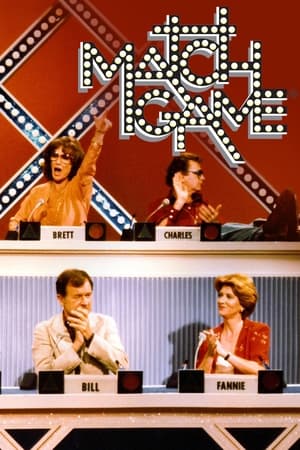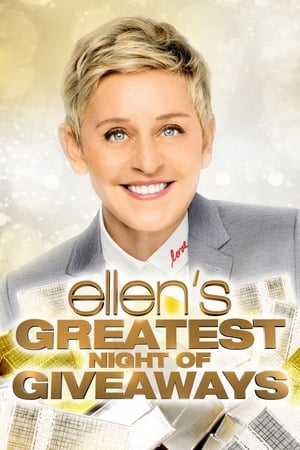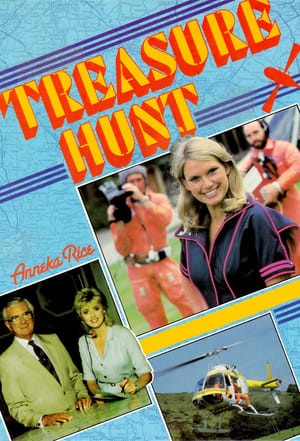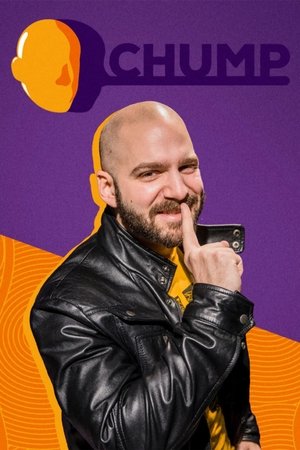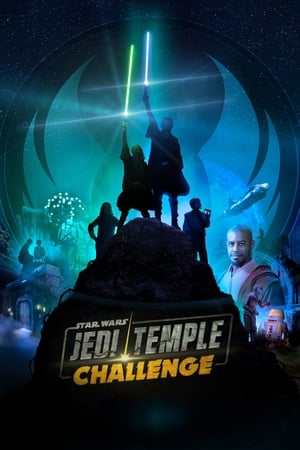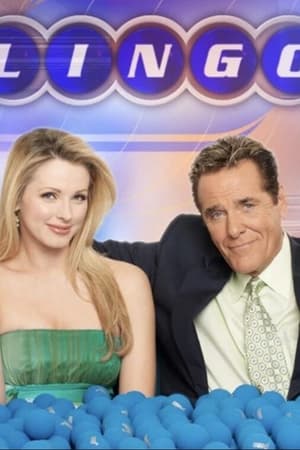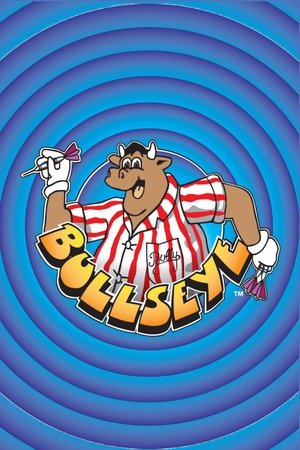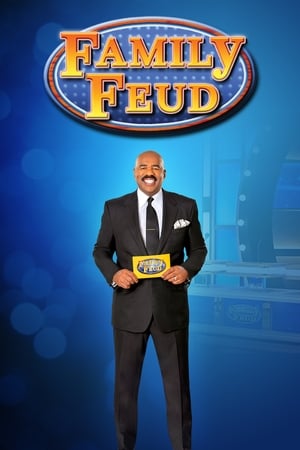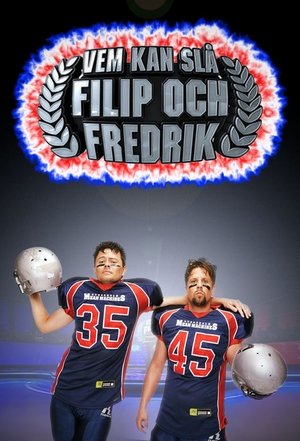Overview
Tic-Tac-Dough is an American television game show based on the paper-and-pencil game of tic-tac-toe. Contestants answer questions in various categories to put up their respective symbol, X or O, on the board. Three versions were produced: the initial 1956–59 run on NBC, a 1978–1986 run initially on CBS and then in syndication, and a syndicated run in 1990–1991. The show was produced by Barry & Enright Productions.
Jack Barry, the co-producer, was the original host of the 1950s version, followed by Gene Rayburn and then Bill Wendell, with Jay Jackson and Win Elliot hosting prime time adaptations as well. Wink Martindale hosted the network and syndicated version beginning in 1978, but left the program and was replaced by Jim Caldwell who hosted during the 1985–1986 season. Patrick Wayne hosted the 1990–1991 version.

 English
English
 0
0
 1956
1956
 US
US
